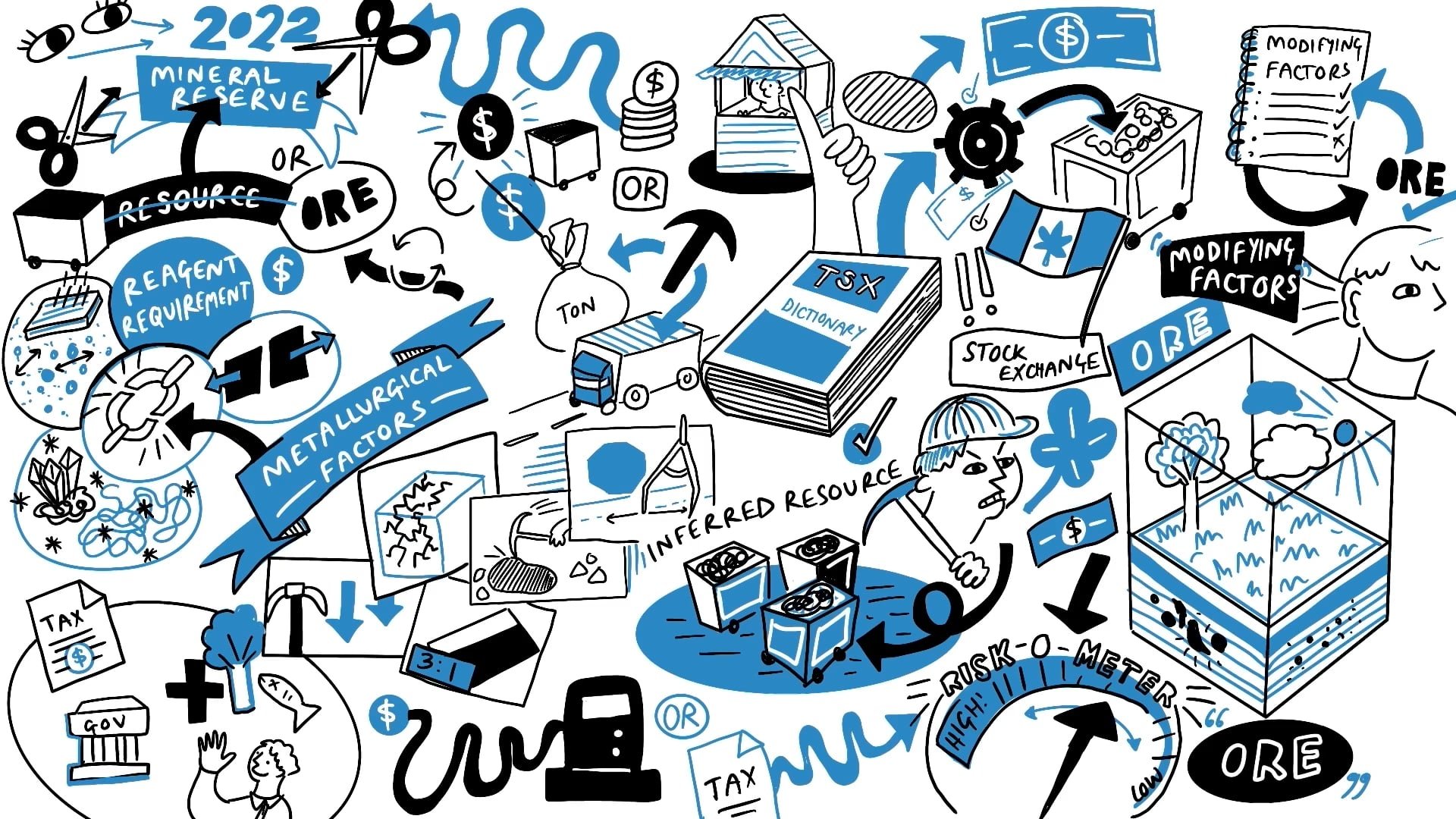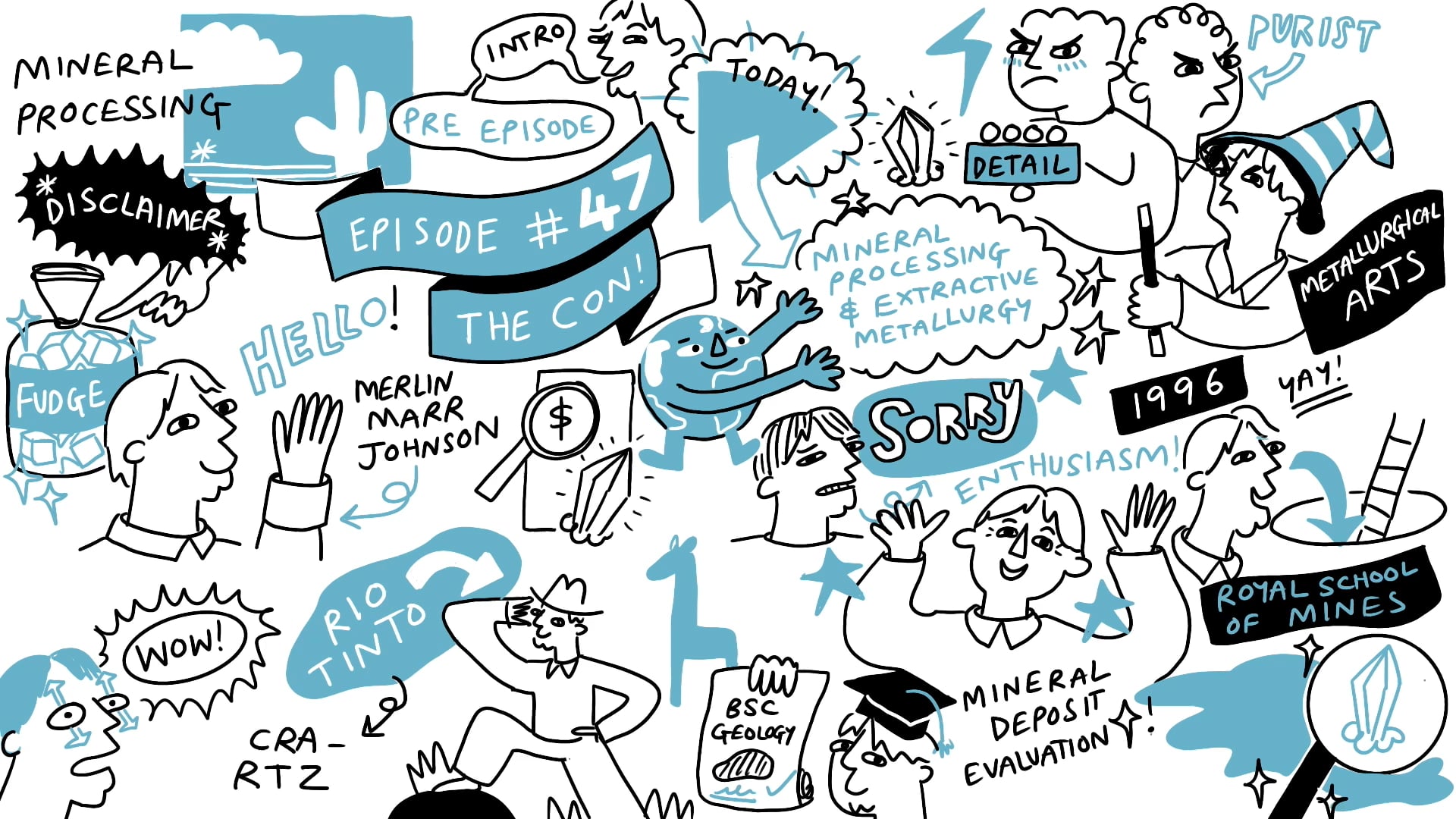An introduction to Management

More episodes
Transcript
The next topic is management. I don't want this episode to become name-calling and sandbagging of various management teams, instead it will be a rundown of what you should be looking for in a good management team. It is really important to understand if the management team has got the appropriate track record for the project that it is doing.
There are some less than good actors out there and there are some people who have a very solid reputation for probity and honest transactions. Rather than focusing on individuals, I want to look at how management teams engage with the project and the market.
It's not just about whether they can do the technical job on the ground, it's also about how the company communicates with its external stakeholders, including the local community, the local government, shareholders and product customers when it comes down the line to that. That all comes with the maturity and evolution of the company. When you have a very small company at the early stage, you don't need to have the full team built out.
Exploration geologists on a small team, are the ambassadors of the project. They are the front line. They are the ones going out into the community, and the senior executives are the ones who are speaking to local governments. It's vital that you've got the right management team who can build trust, who can establish procedures and protocols to ensure that this company has the ability to grow and succeed. What I've spoken about so far is strategy, commodity and management. These 3 all go together to some degree.
It's slightly different talking about production or exploration, but if you are going into production, a properly skilled management team would only want to look at very simple projects such as sand, gravel production, alluvial Gold or possibly alluvial diamonds, possibly tailings retreatment or processing oxide Gold.
The more typical mineral sector projects that we think about are the mid-CAPEX size of things, and again, that comes back to strategy, commodity, funding and management. You need to have an experienced group to successfully build a Sulphide Gold operation, or a Lead-Zinc project, or a high-grade Copper project. As the complexity and the size of your project grows you also need a greater maturity of your team. You need greater management depth and breadth and capability. Those are things like mineral sands, some small iron ore mines or Nickel deposits.
One has to question the strategy of teams that are looking to build complex kinds of deposits such as Coal, large Iron Ore mines or low-grade Copper-Gold projects, which are normally large, or low-grade, or complex Nickel deposits, which are high CAPEX, complex mineral processing. Hard Rock Diamonds, the Platinum projects, Rare Earth projects: all of these are only suitable for certain kinds of management structures. Obviously, this is mixing the topics, but it's absolutely crucial that the management team has the appropriate skill set and record for the kind of project that they're doing.









































.jpg)
.jpg)
.jpg)
.jpg)























